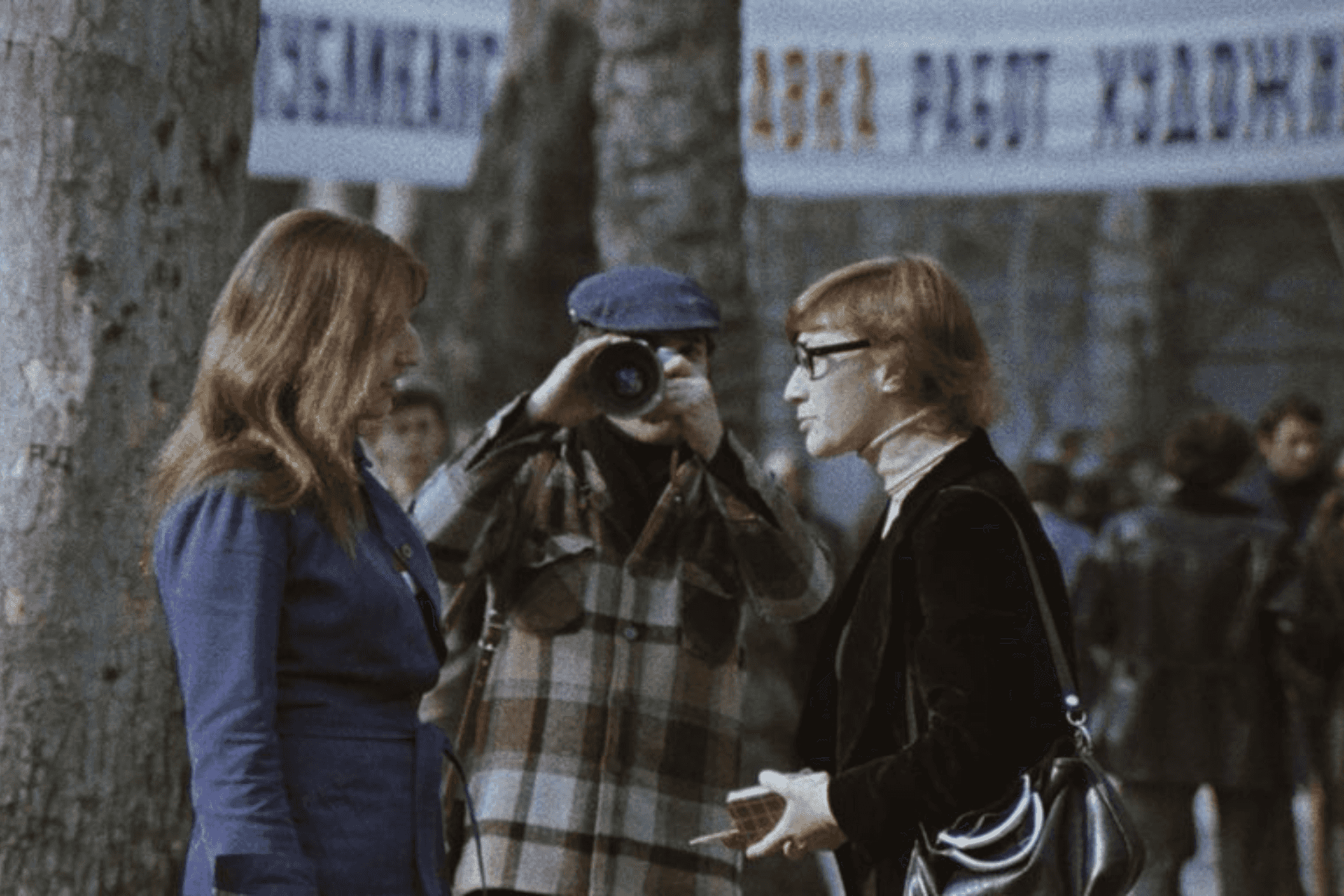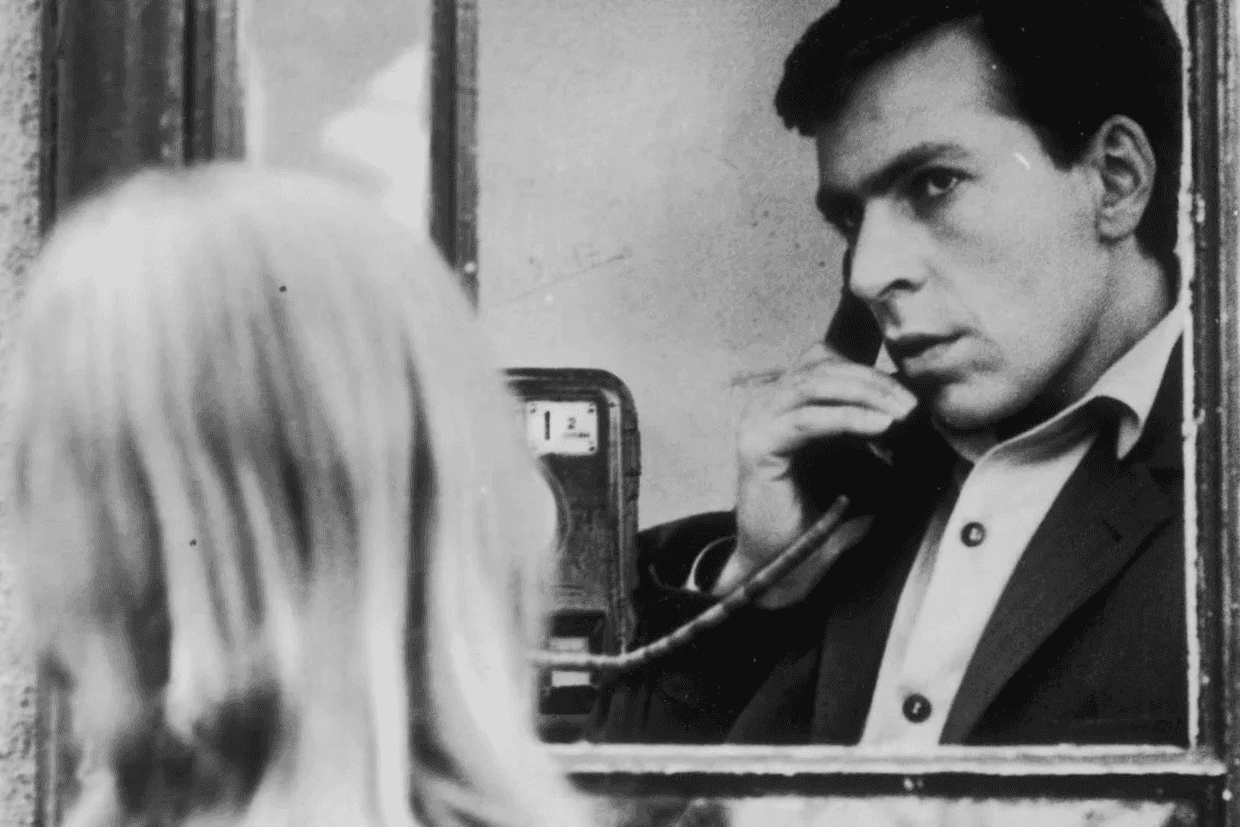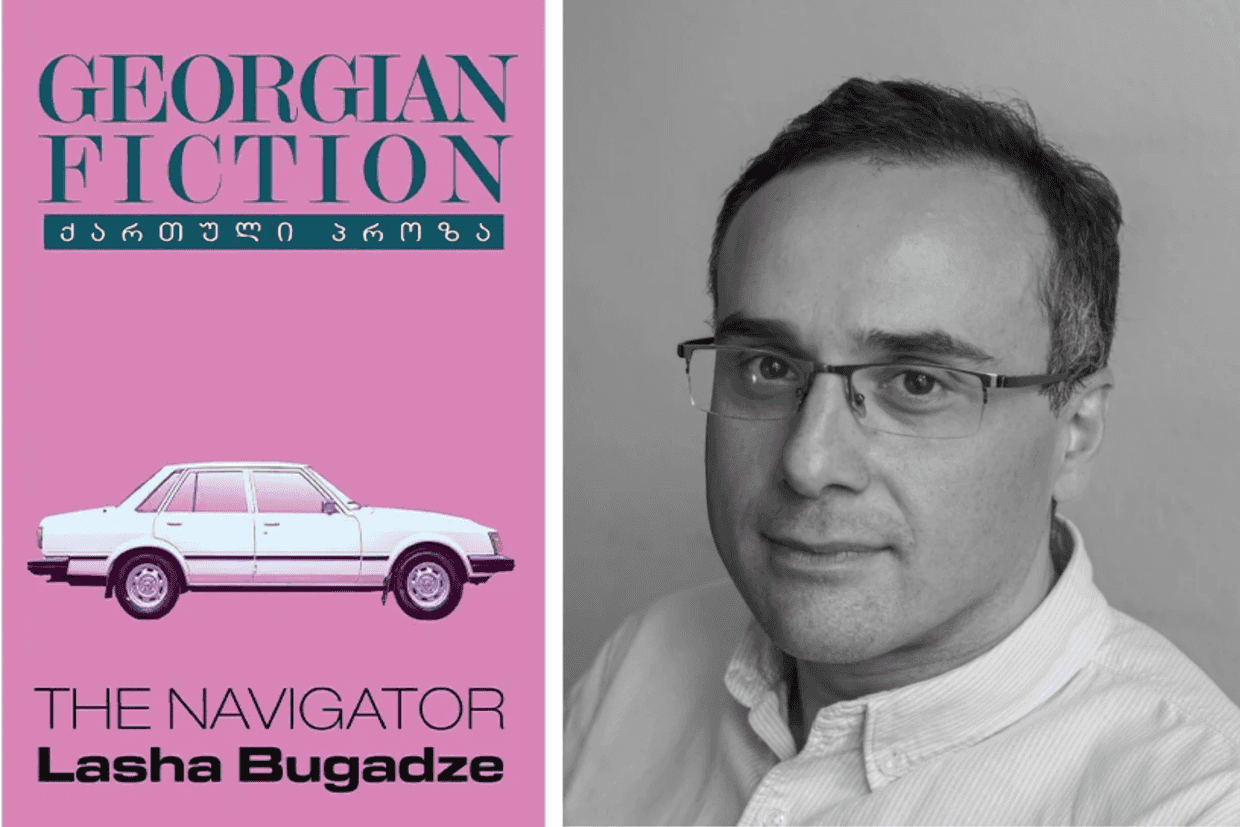Review | Flight from the USSR — a fictionalised take on a harrowing attempt to escape Soviet Georgia

3.5/5 ★
In a slightly uneasy blend of fact and fiction, Turashvili recounts the true and tragic story of a group of disaffected Soviet Georgian youth.
The translator and editors at Sulakauri Publishing made the unfortunate decision to render the title of Dato Turashvili’s 2008 novel as Flight From The USSR; its original title — Jeans Generation — would have been the more faithful and markedly cooler option.
The book tells the real story of a tragic attempt to escape Soviet Georgia in 1983 by a group of disaffected and desperate twenty-somethings. They try and fail to hijack a plane, hoping to divert it to Turkey — the response by the Soviet security forces is to massacre most of the passengers in a hail of bullets. Turashvili movingly recounts the lead-up to these events, and the show-trial that followed, in spite of his slightly uneasy blend of fact and fiction.
Turashvili, one of Georgia’s foremost writers, was of the same generation as the subjects of Flight From The USSR. He was a vocally anti-Soviet figure in the late 1980s, acting as a leader in the student protests at the Davit Gareja monastery in eastern Georgia, which had been turned by the Soviet military into a training ground.
The number one bestseller in Georgia, Flight From the USSR has been adapted into a highly successful play at the Tbilisi Free Theatre, and a less successful film, Hostages, released in 2017.
The book begins with a preface in the first person. Turashvili (if we are to presume this ‘I’ and Turashvili are one, and nothing in what follows indicates otherwise) tells us he hadn’t wanted to publish this book, ‘naively believing that after the USSR disintegration, the Soviet past of Georgia would become a bitter memory.’
The book was published in 2008, the year of the August War, so it is to this that Turashvili refers when he writes, ‘it turns out that the past can come back with a vengeance, especially if we can’t leave it behind,’; his implication being that the hijacking story persists in its relevance with regards to Georgia’s relationship with its neighbour, Russia.
In the first of many tonal shifts, the preface then switches into a fictionalised account of the hunt conducted by the parents of the hijackers in the late 90s for the bodies of their children.
In the novel proper, Turashvili moves with each chapter between the participants of the hijacking. We are introduced first to the ‘stunningly beautiful’ art student Tina, then to her ‘extremely talented and good-looking’ actor boyfriend Gega Kobakhidze. His father, we are told, was a successful director (Mikheil Kobakhidze) whose filmmaking was suppressed by the Soviet authorities, and who (apocryphally) turned to carpentry in a muted act of rebellion. Then we meet Soso, whose father was a famous scientist. The few other participants, we learn, were also offspring of the Soviet intelligentsia.
The story also involves a monk, who is consulted by some of the Georgian youth for spiritual guidance. They try to involve him in their plot, as his attire would enable him to board the flight unmolested and therefore carry weapons into the plane.
Turashvili’s treatment of his characters is both intimate and admiring. Each is presented as strong, long-suffering, intelligent, and generous — all propelled by their lack of freedom to a point of utter desperation. The author’s fondness towards the group is contagious, although the book does at points feel like a kind of hagiography — which perhaps it is.
The narrative voice shifts frequently between imagined dialogue between the characters, and more general historicising. There’s a lot of zooming in and out, and this can occasionally make the fictional elements seem a little mechanical.
Flight From The USSR would have benefited significantly from footnotes; sometimes Turashvili addresses the reader as a total foreigner who knows little to nothing about Georgia, and other times he makes important or interesting cultural references which get lost — the famous Georgian musician Irakli Charkviani has a cameo, for instance, but this could well go over the heads of foreign readers.
The tonal inconsistency of Flight From The USSR is definitely heightened by the translation, which leaves something to be desired. Without that rhythmic clunkiness and awkward wording, the book might come out more coherently as a kind of extended anecdote, a more fluid blend of genres. It’s also rife with misspellings; among other proofreading errors, the name Irakli appears once or twice as Israeli.
But despite, or rather, because of the unusual shifts in authorial voice, Flight From The USSR remains a truly moving account of its subject. If one doesn’t assess it according to the typical requisites of historical fiction, it reads as a kind of artefact, giving a real, felt sense of how profoundly troubling the events of the hijacking were, and still are, in Georgian society.
For those interested in the murky functioning of the Soviet legal system, in the Soviet attitude to religion in the 1980s, and in Georgia’s relationship to its Soviet past, Flight From The USSR is definitely worth reading – and for, of course, the insight it provides into one of the strangest and most harrowing events in the nation’s history.
Book details: Flight From the USSR by Dato Turashvili, Sulakauri Publishing, 2008 (translation 2016). Buy from the publisher here or from Amazon here.
🗞️ Subscribe to the OC Culture Dispatch
For our culturally curious readers: a free, biweekly selection of film, book, and music recommendations from the Caucasus. Our team offers a varied selection of hidden gems, cherished classics, and notable new releases from all over the region, included in our newsletter.









